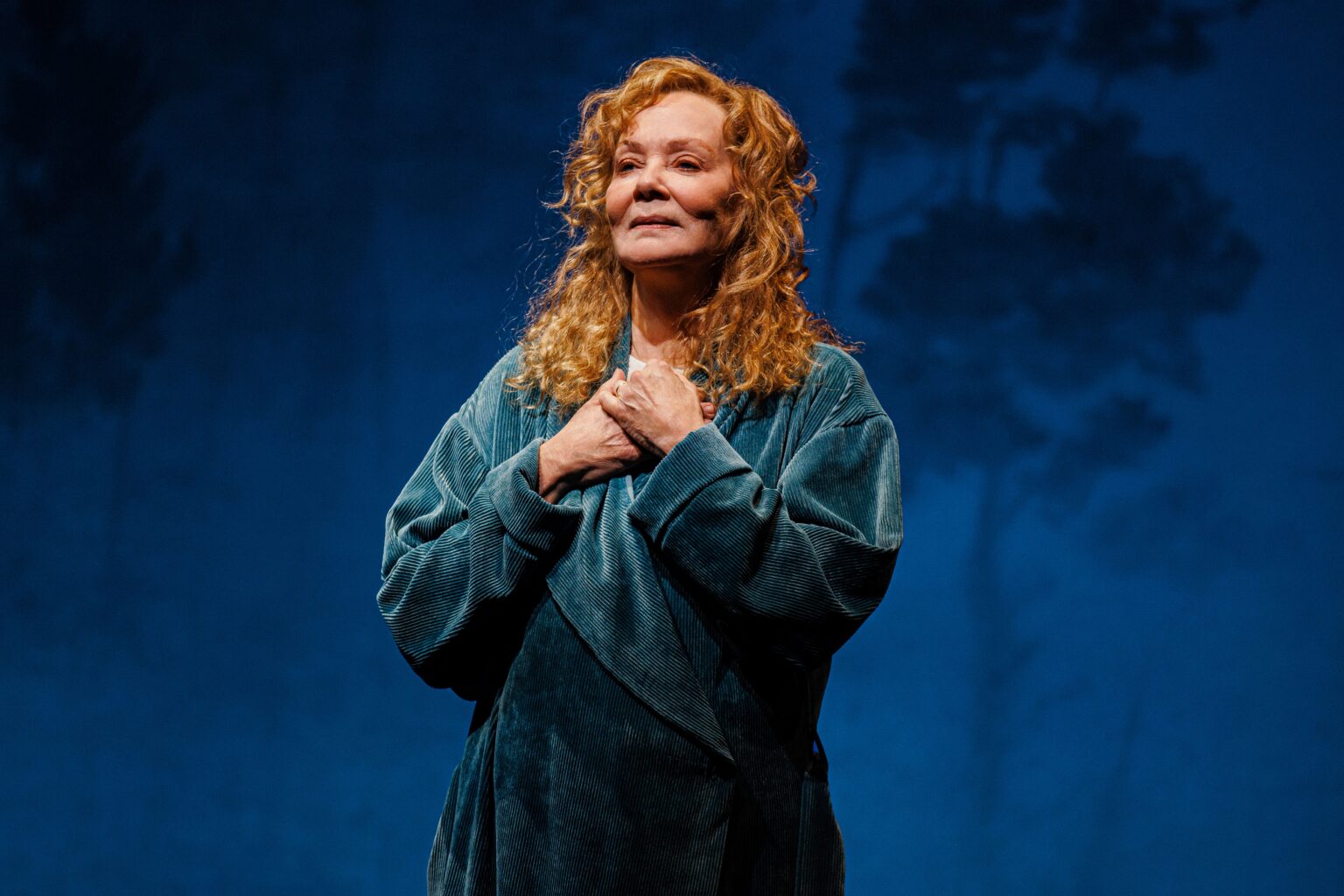The Cultural Clash on New York Stages: Challenging Gender Norms Through Contrasting Narratives
In the vibrant theater scene of New York City, a compelling debate about gender roles is unfolding, echoing the profound discussions once sparked by Judith Butler. Two contemporary productions, each representing opposing perspectives, are spotlighting the ongoing struggle to redefine traditional gender expectations, revealing that beneath their contrasting themes, both plays explore universal vulnerabilities.
A Feminist Perspective: The Suppressed Voice of Women
One side of this theatrical dialogue features a narrative rooted in feminist critique, highlighting the systemic injustices women face under patriarchal dominance. This perspective has been championed by numerous feminist movements over decades, emphasizing issues such as wage disparity, domestic violence, and reproductive rights.
For instance, the acclaimed series “Hacks” stars Jean Smart as a seasoned comedian navigating the constraints of her career, while the play “Call Me Izzy” introduces audiences to a delicate, aspiring writer trapped in a stifling marriage. Smart’s portrayal of Izzy, a Southern-born woman who begins to reclaim her voice amid personal turmoil, exemplifies the ongoing fight for female agency.
Set in 1989, the play’s nostalgic yet relevant setting underscores the persistent nature of these struggles. Izzy’s sanctuary-a makeshift “Bathroom of One’s Own”-serves as her refuge for creative expression, where she pens poetry on toilet paper and dreams of a life beyond her modest surroundings. Her character’s vulnerability and resilience resonate deeply, illustrating the universal desire for self-fulfillment despite societal constraints.
Directed by Sarna Lapine, Jamie Wax’s script navigates familiar territory with a fresh sensibility, anchored by Smart’s masterful performance. Her ability to imbue Izzy’s poetic musings with lyrical depth transforms what could be a simple domestic story into a profound exploration of female identity and artistic independence. This production not only celebrates individual resilience but also invites reflection on the ongoing fight for women’s rights in contemporary society.
The Male Experience: Confronting Masculinity and Crisis
Conversely, a contrasting narrative emerges from the “manosphere,” a digital realm where discussions about men’s issues have gained prominence. The play “Angry Alan,” staged at Studio Seaview, offers a provocative look at male identity in crisis, emphasizing the emotional toll of modern masculinity.
Written by Penelope Skinner and developed with Donald Sage Mackay, the production centers on Roger, a character embodying the average man grappling with feelings of alienation. Portrayed by Krasinski, Roger’s journey reflects the real-world struggles of men facing rising suicide rates, economic uncertainty, and shifting societal expectations. His interactions-particularly with a feminist-turned-partner-highlight the internal conflicts men experience when trying to reconcile traditional masculinity with contemporary realities.
The play’s setting, a shadowy, almost surreal environment, underscores the psychological complexity of Roger’s character. His fluctuating attitudes-from relatable to outright hostile-mirror the societal tension surrounding men’s rights and emotional expression. The narrative suggests that many men feel trapped by the double standards that demand strength and stoicism, yet leave them emotionally isolated.
Directed by Sam Gold, “Angry Alan” employs a subtle, uncanny tone to explore these themes, prompting audiences to consider the societal pressures that shape male identity. Krasinski’s restrained performance emphasizes the internal struggle, especially in scenes where Roger confesses his buried pain, revealing that beneath the veneer of masculinity lies a profound vulnerability.
Shared Challenges and the Power of Vulnerability
Despite their divergent viewpoints, both productions confront the core issue of human vulnerability. They demonstrate that whether one is fighting for women’s rights or grappling with men’s emotional repression, the common denominator is the need for authentic expression and understanding.
The appeal of these plays extends beyond their thematic content; they also serve as platforms for celebrity-driven productions that draw significant attention to social issues. Their success underscores the importance of theater as a mirror to society, capable of fostering empathy and dialogue.
A New Perspective on Age-Old Debates
Both “Call Me Izzy” and “Angry Alan” challenge audiences to reconsider entrenched stereotypes. Izzy’s poetic sanctuary symbolizes the quest for self-identity amid societal suppression, while Roger’s internal battles highlight the silent struggles of men in a changing world. These narratives remind us that vulnerability is a universal trait, bridging the divide between genders and fostering a deeper understanding of human complexity.
As these productions continue to run in New York, they exemplify how art can serve as a powerful catalyst for social reflection. Whether advocating for women’s empowerment or exploring the male psyche, they underscore that the path to equality and emotional honesty begins with acknowledging our shared fragility.
Current Showings:
- Call Me Izzy is playing at Studio 54 in New York until August 17, offering a 90-minute, intermission-free experience. For tickets and more information, visit callmeizzyplay.com.
- Angry Alan is scheduled at Studio Seaview through August 3, with an 85-minute, no-intermission format. Details are available at studioseaview.com.

